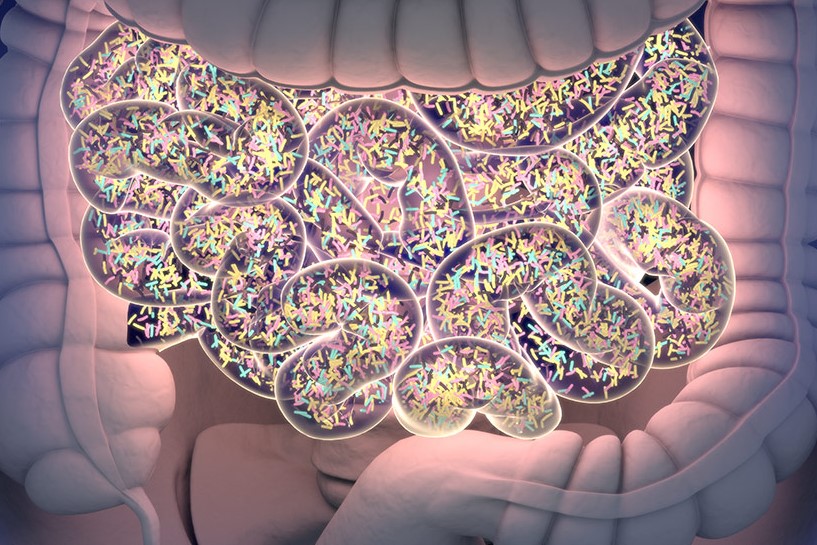
What is Dysbiosis (or Dysbacteriosis)? It is the alteration of intestinal bacterial flora
When the number of beneficial bacteria in our intestinal flora decreases, the normal balance of ‘good’ and ‘bad’ bacteria in the gut is altered and eubiosis gives way to ‘dysbiosis’ (also known as dysbacteriosis)
The preconditions for dysbiosis (or dysbacteriosis)
Under these conditions there is an overgrowth of pathogens in the gut that are dangerous as they have the potential to colonise other areas of the body, causing various diseases and conditions such as:
- vaginal infections;
- respiratory infections;;
- dental infections;
- diverticula;
- colitis;
- Crohn’s disease;
- colorectal cancer;
- allergies;
- autoimmune diseases;
- absorption of toxic substances;
- digestive problems;
- chronic fatigue.
Dysbiosis in particular slows down intestinal motility, increasing the stasis time of faecal material in the intestine: this causes the alteration of various nutrients such as amino acids, which can lead to the formation of toxic amines.
Slowed faecal transit also increases the risk of colorectal cancer, especially in the case of unhealthy diets.![]() Causes and risk factors of dysbiosis
Causes and risk factors of dysbiosis
Possible causes and risk factors of dysbiosis are:
- low-fibre diets
- high-calorie diets rich in refined foods;
- meals eaten too quickly;
- poor chewing of food;
- stress;
- gastrointestinal infections;
- eating at ever-changing times;
- irregular and hectic pace of life;
- sedentary lifestyle;
- chronic abuse of drugs such as analgesics, sleeping pills, antidepressants and laxatives;
- diet rich in foods containing pollutants such as dyes, solvents, hormones and pesticides.
References:
Pediatric Aspects of Nutrition Interventions for Disorders of Gut-Brain Interaction
Bloating and Abdominal Distension: Clinical Approach and Management
Read Also:
Emergency Live Even More…Live: Download The New Free App Of Your Newspaper For IOS And Android
Microbiota, The Role Of The ‘Gate’ That Protects The Brain From Intestinal Inflammation Discovered
Intestinal Polyps: Diagnosis And Types
Intestinal Obstruction: The Most Frequent Forms In Paediatric Age



